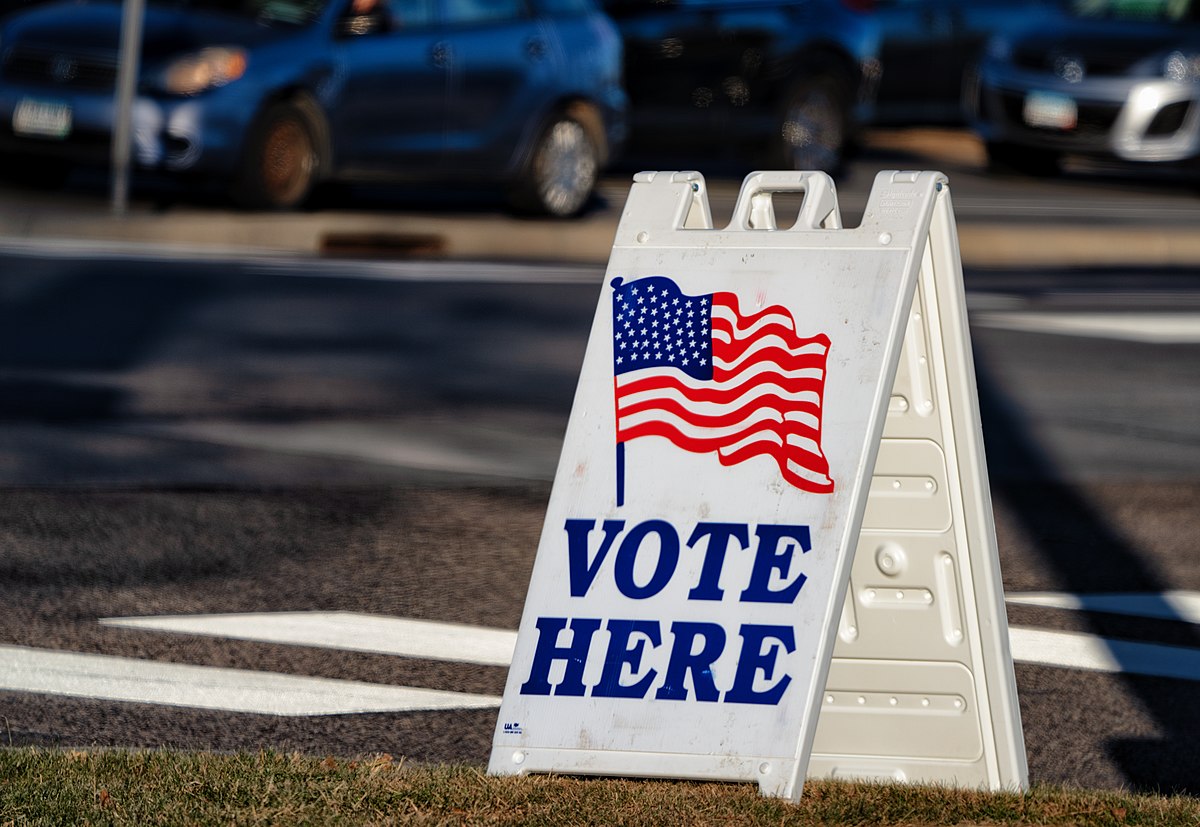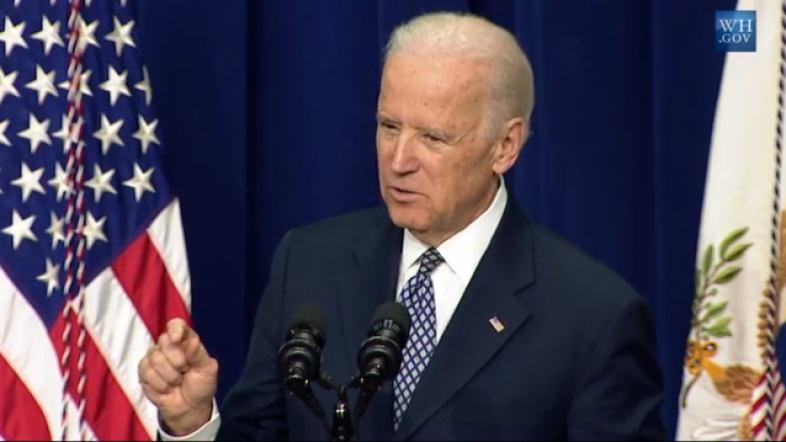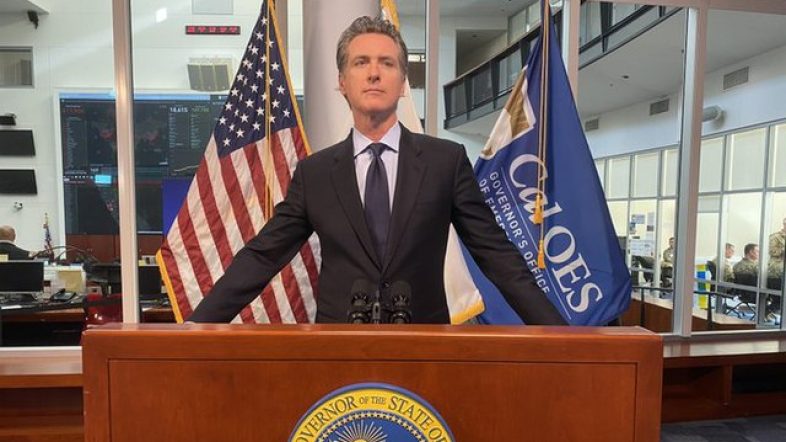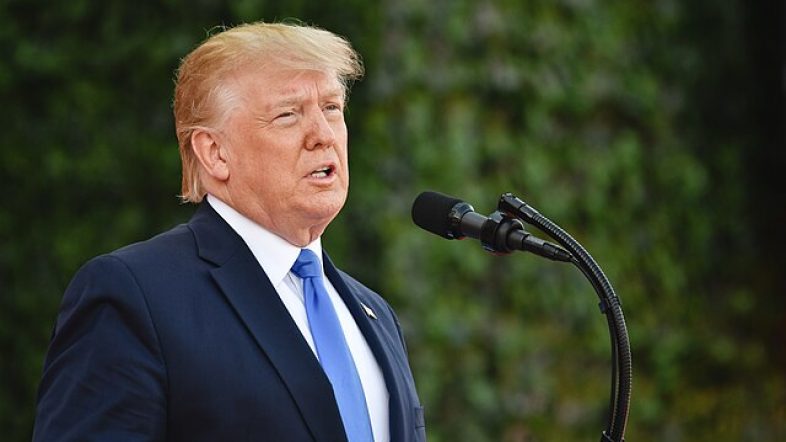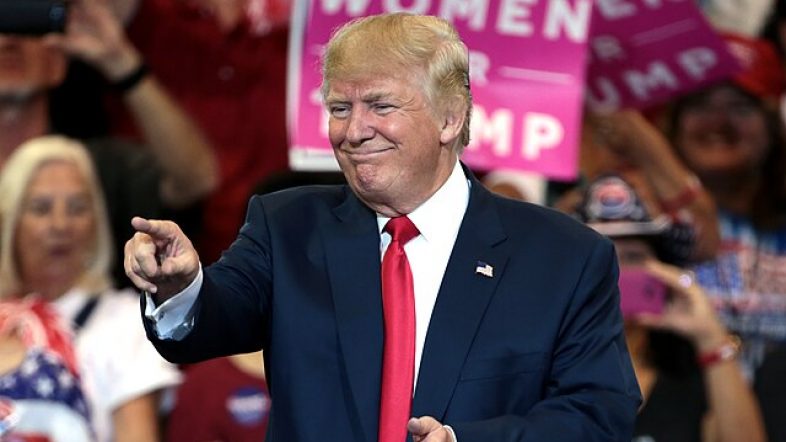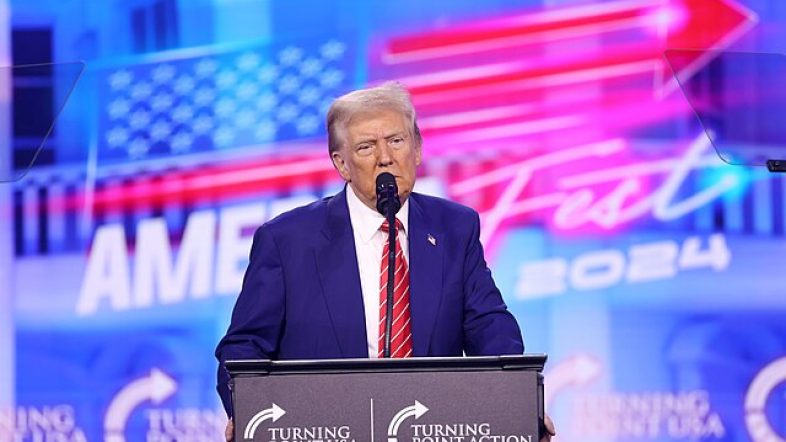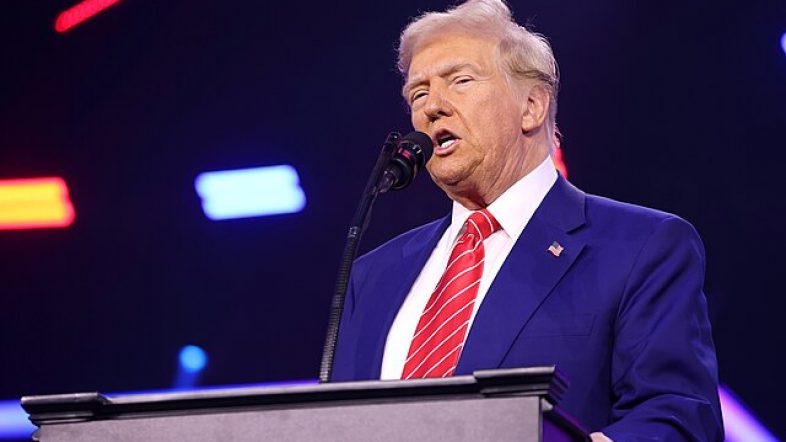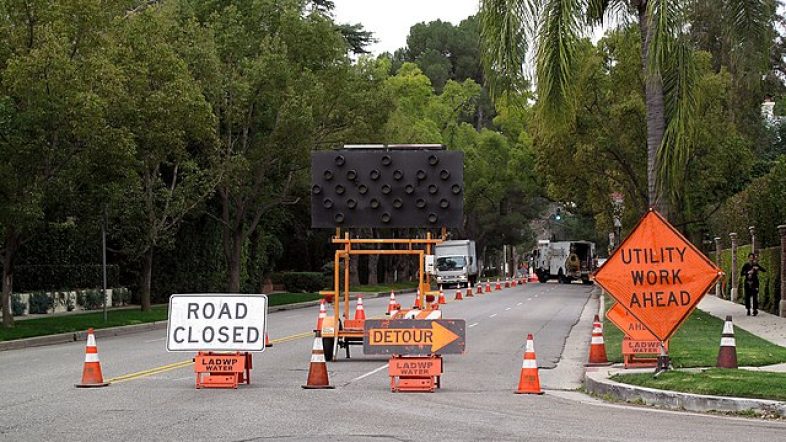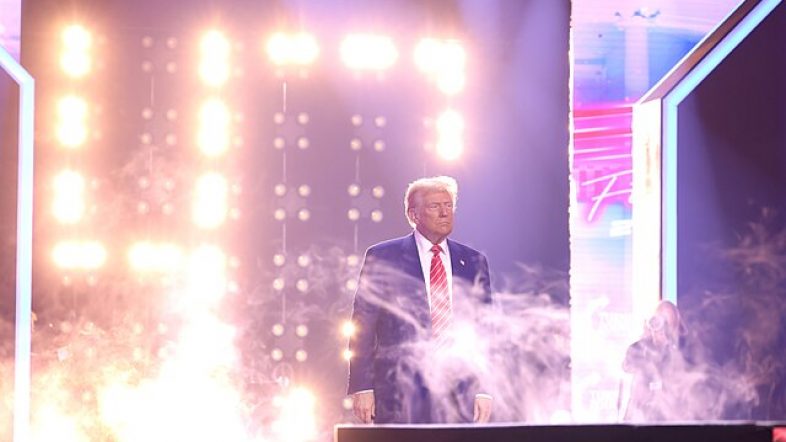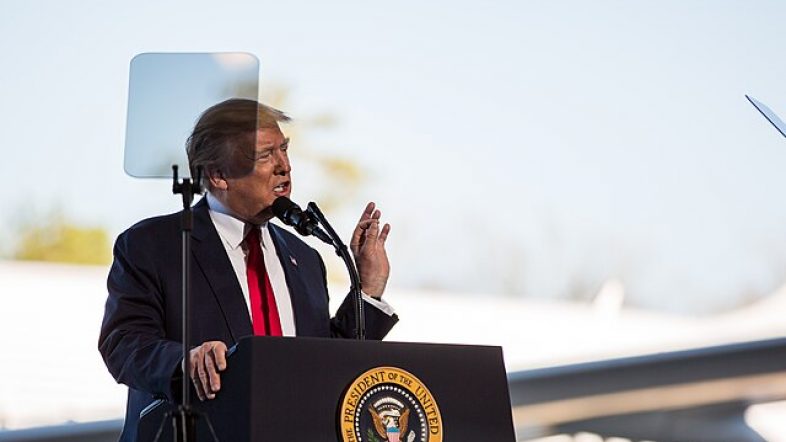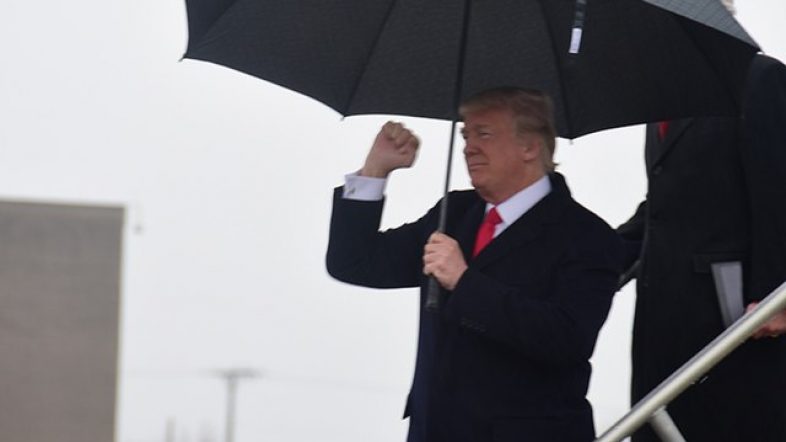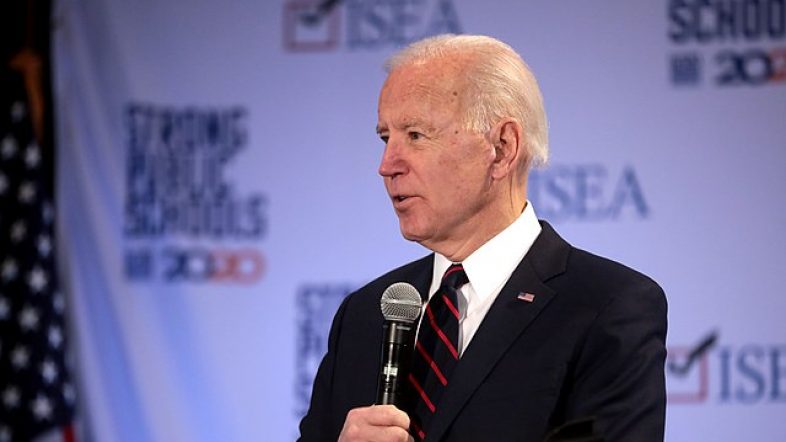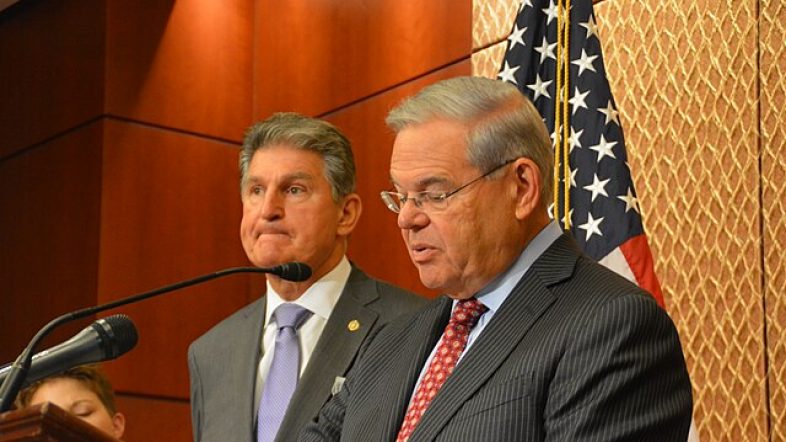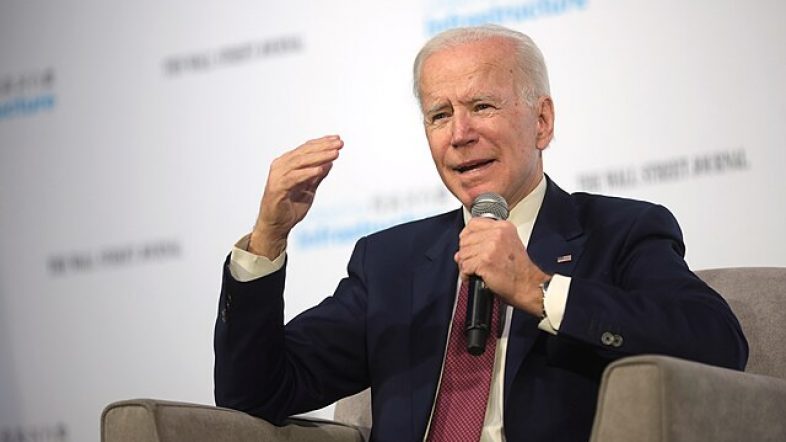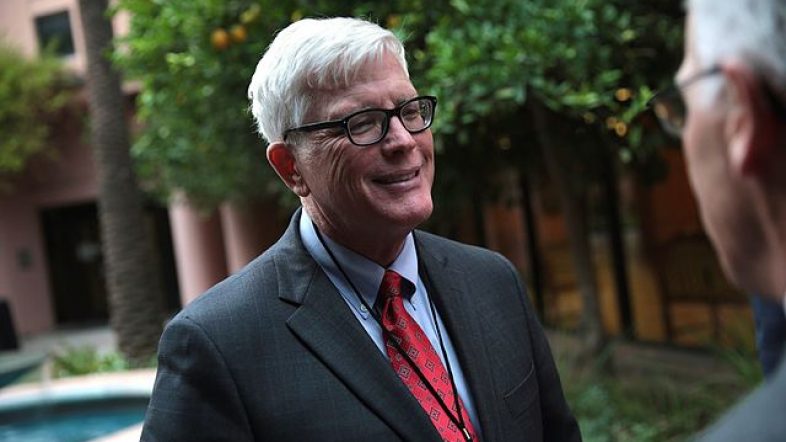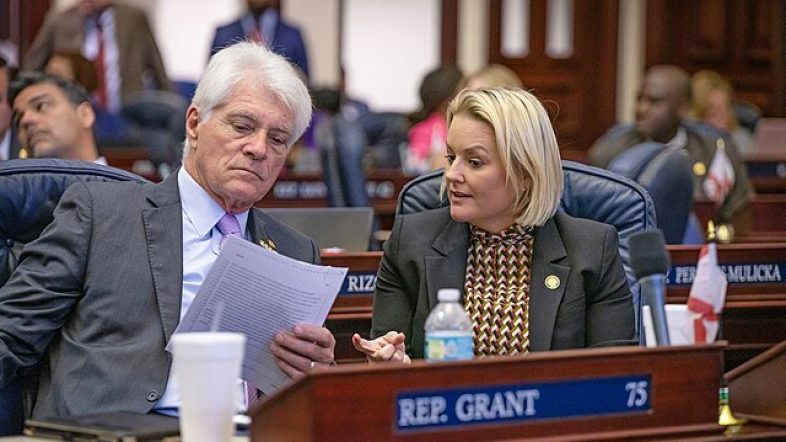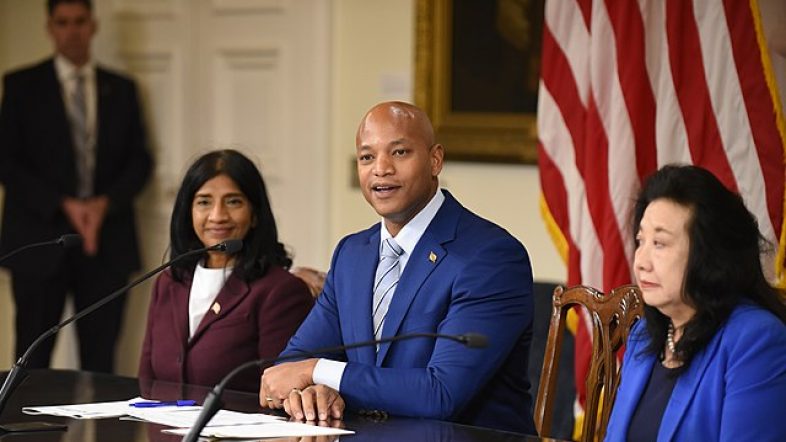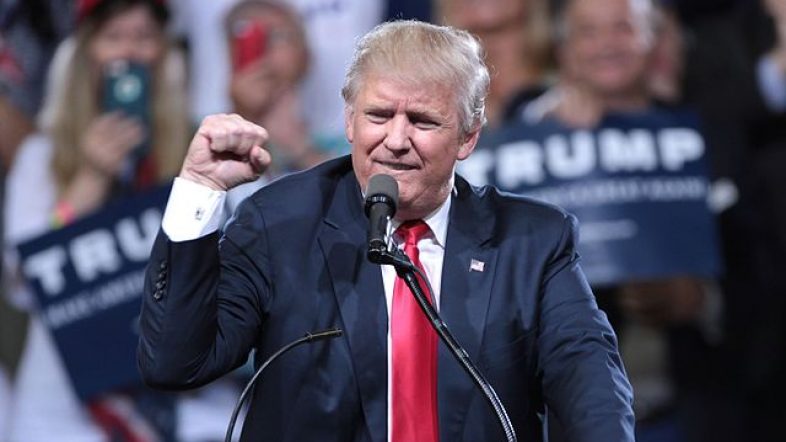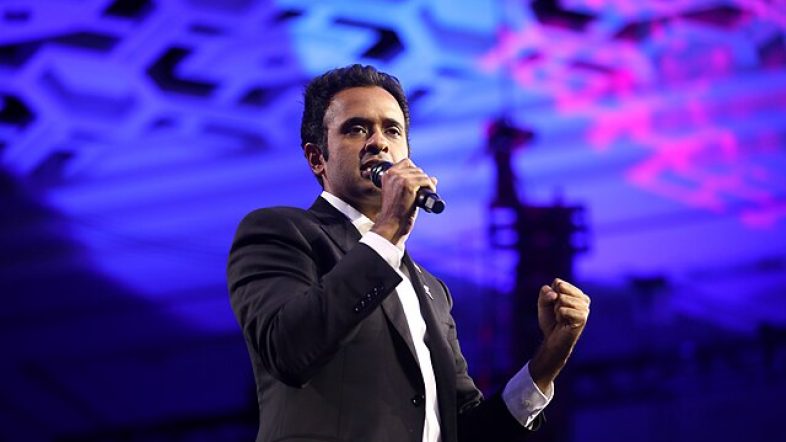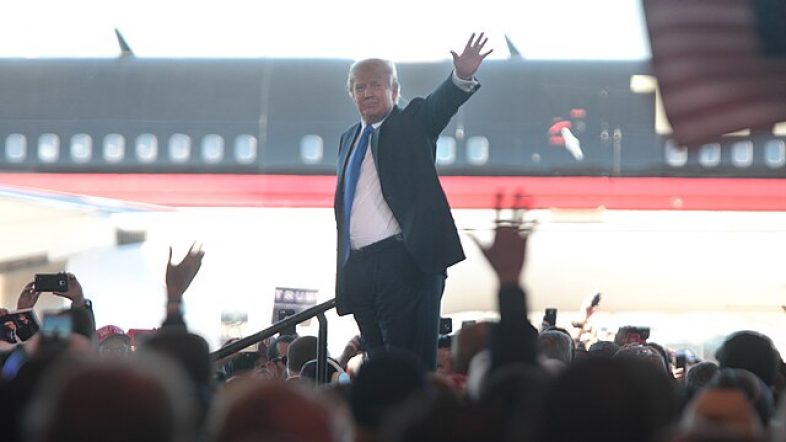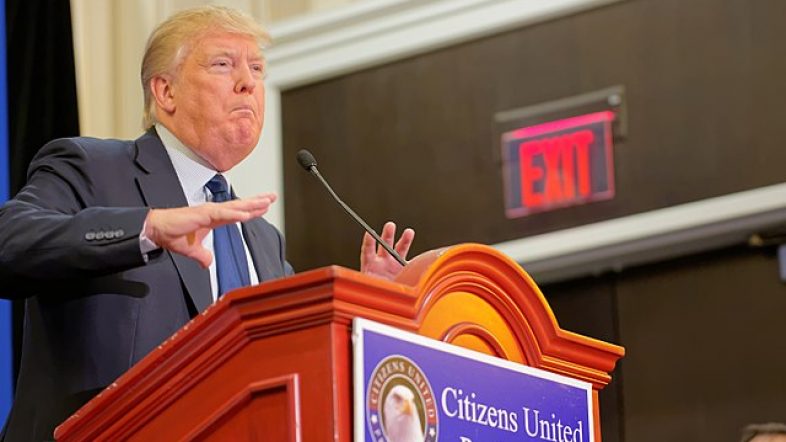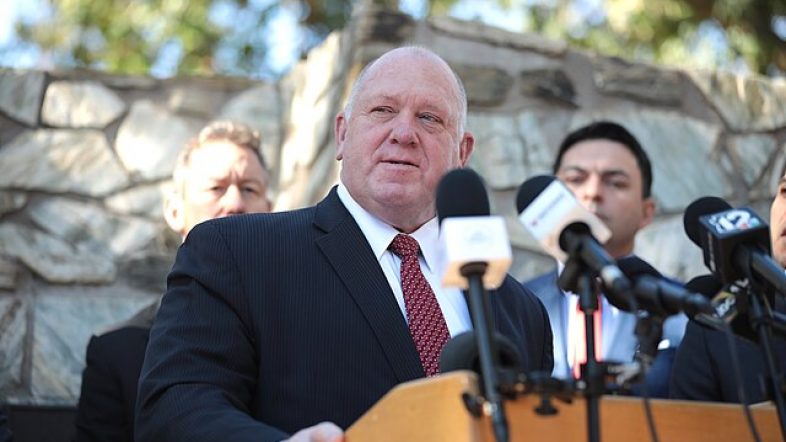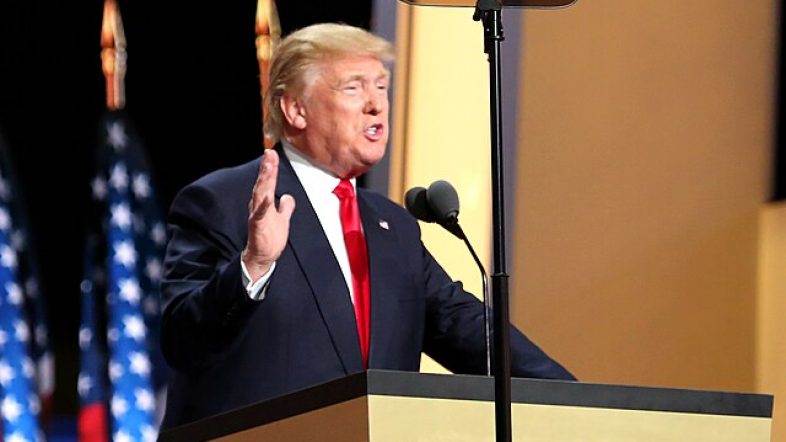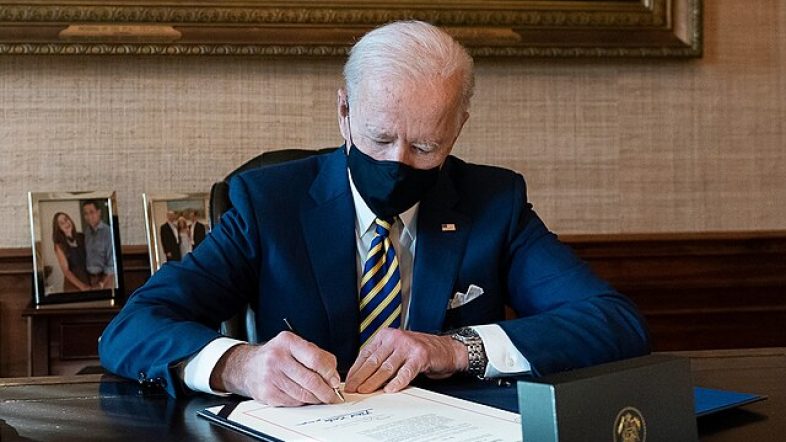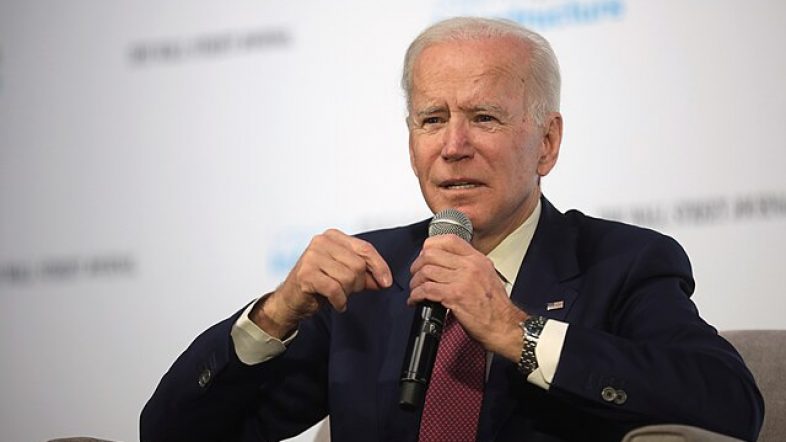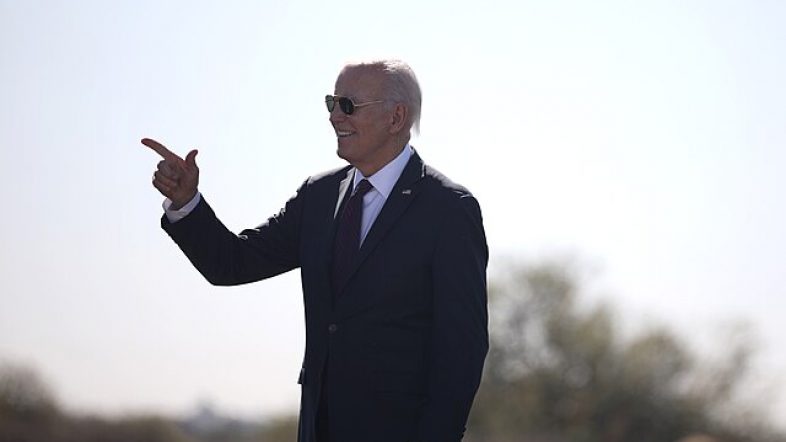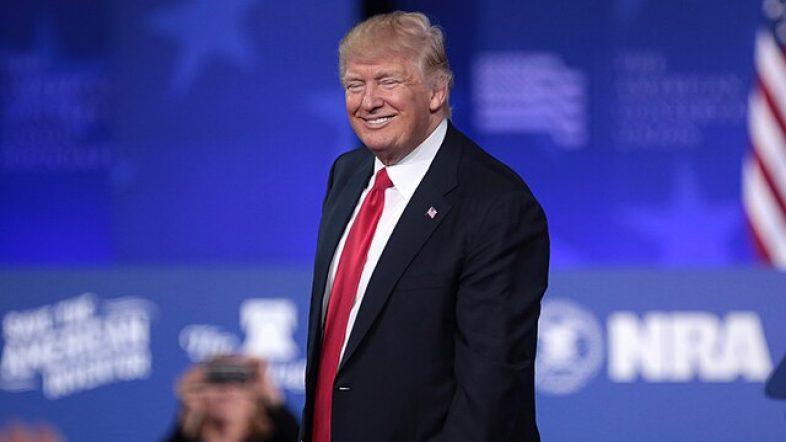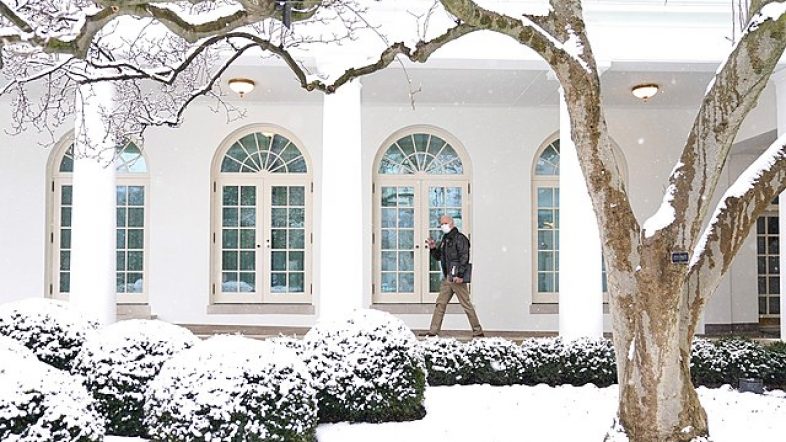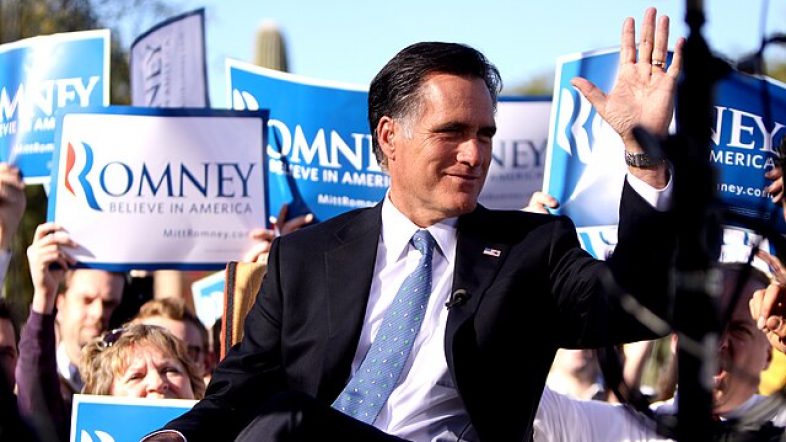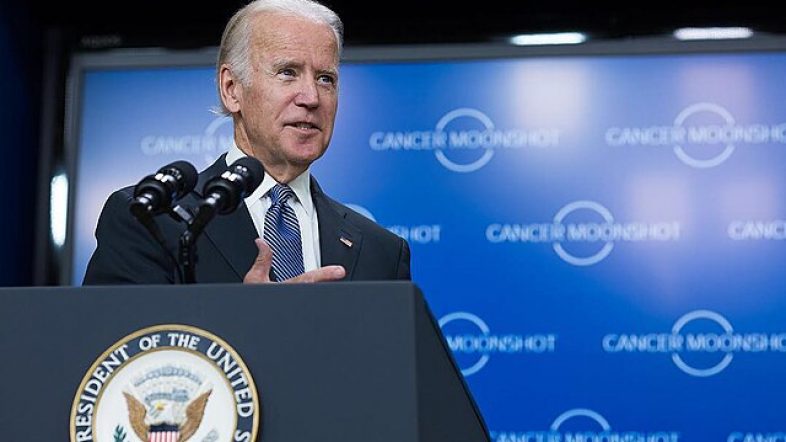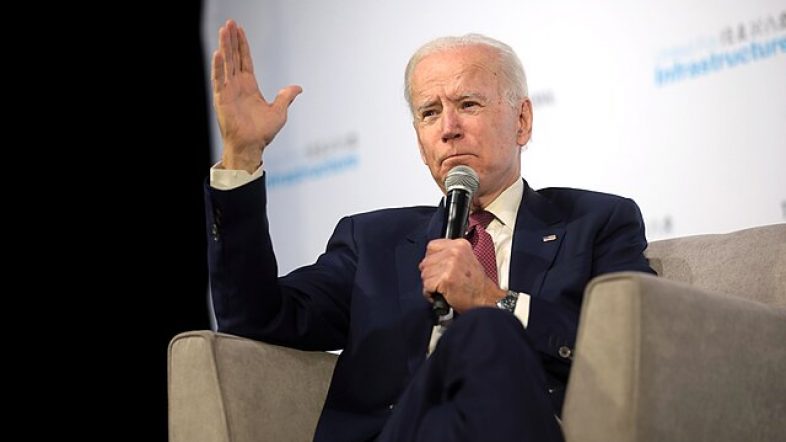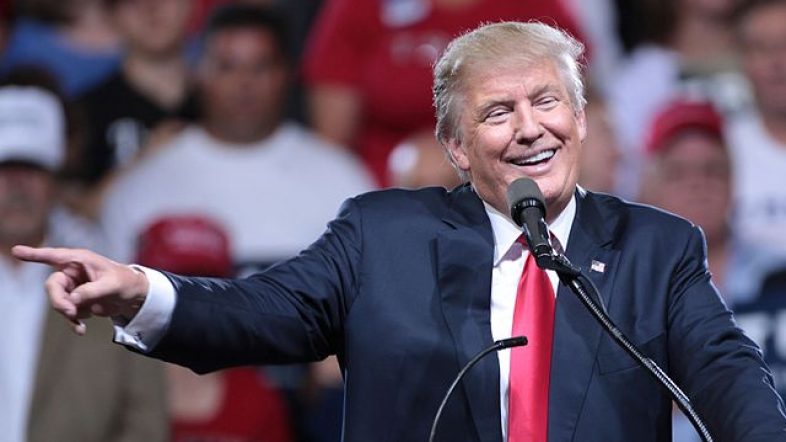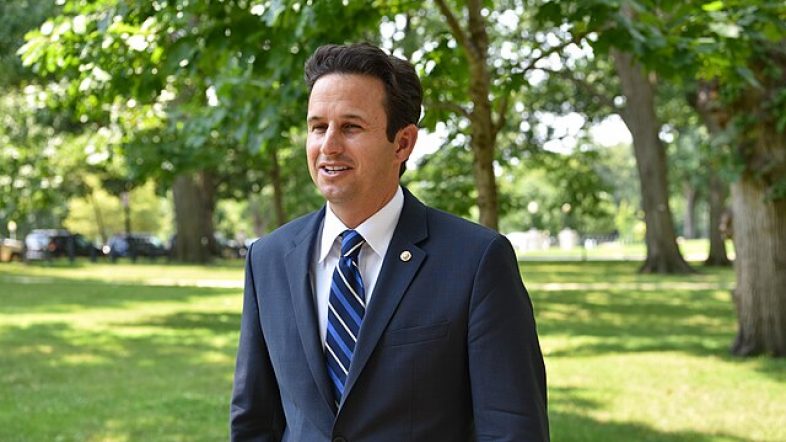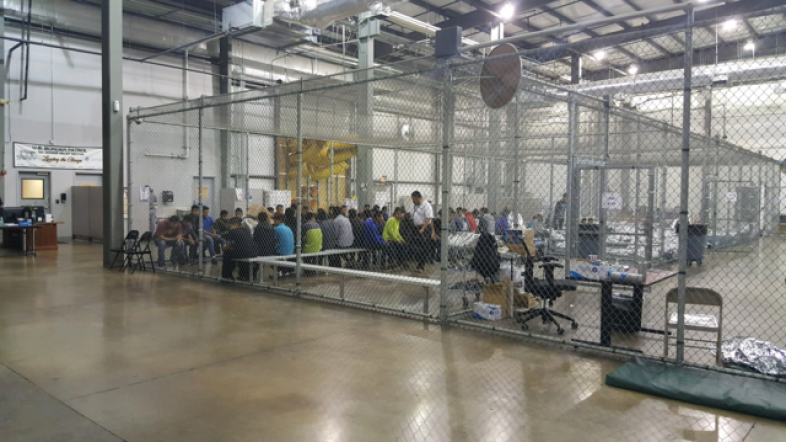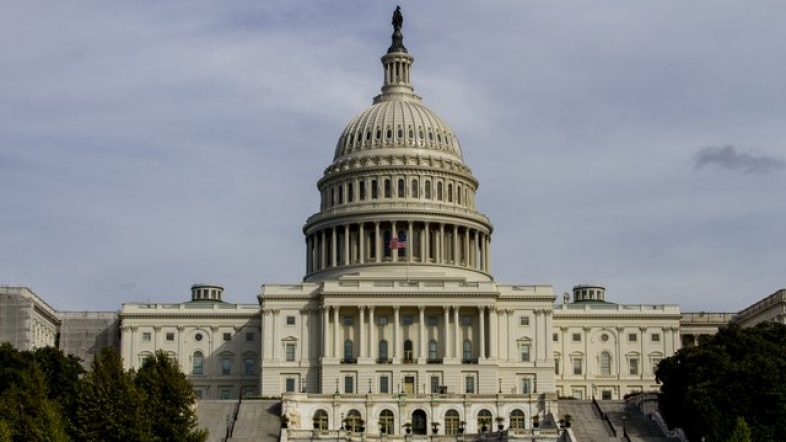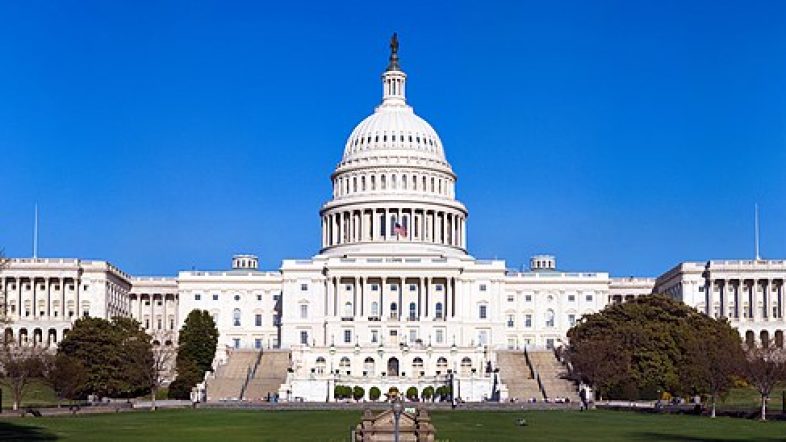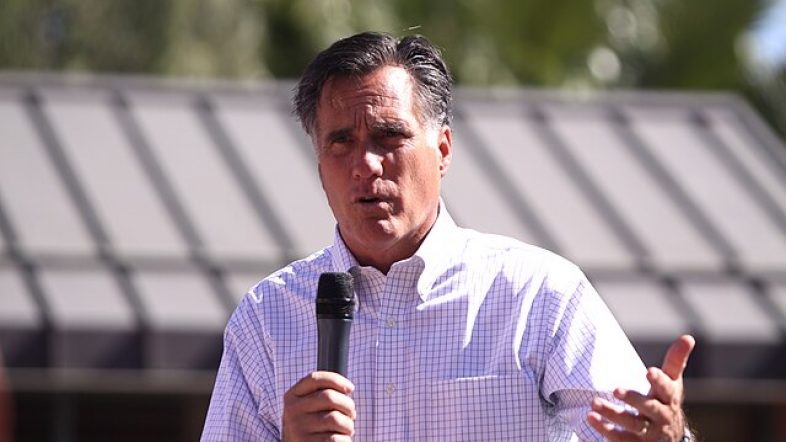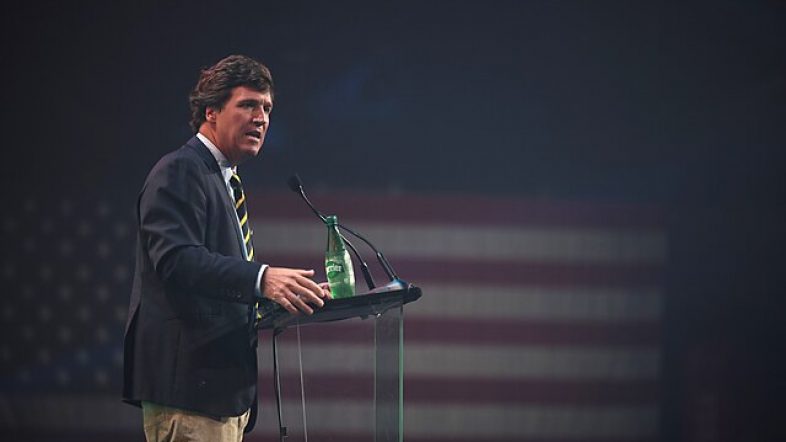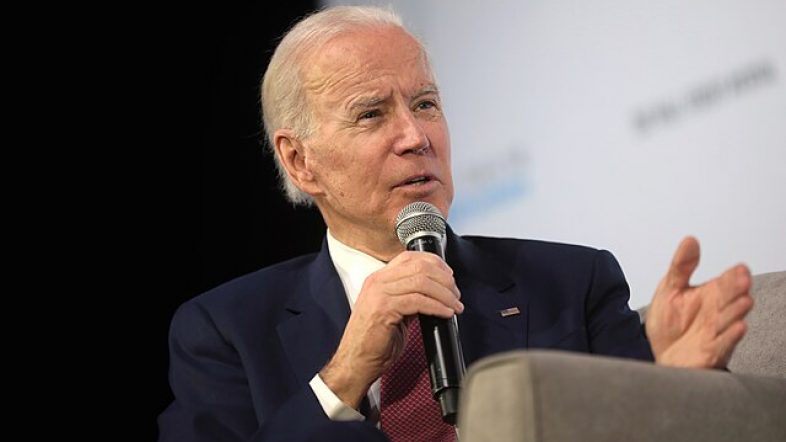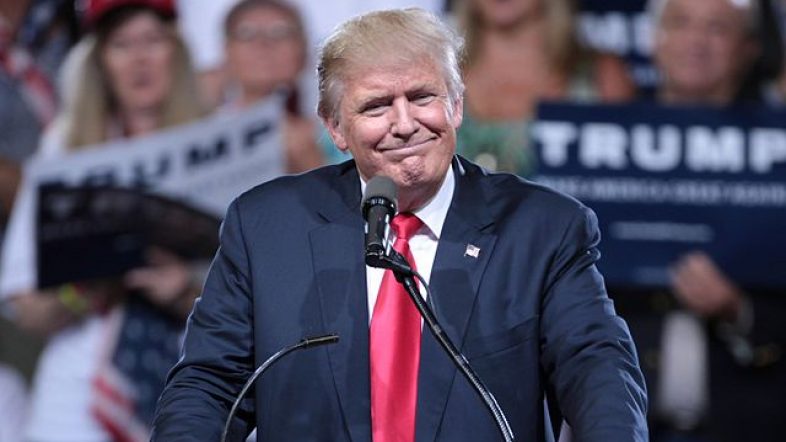Just like the Rolling Stones, the Left continues to play the hits in their never-ending quest to usurp state legislatures by putting lawyers and courts in charge of elections. They will push any aggressive and shameless legal strategy as long as it serves their goals.
Their well of legal theories is bottomless but we have recently received some court guidance on two of their new favorites. In one, the Left pushed a fringe theory based on the Materiality Provision of the Civil Rights Act, and in the other they pushed an even more radical theory seeking to use state constitutions to empower courts to rewrite election rules.
On the first, the Materiality Provision is a Civil Rights Act tool designed to combat Jim Crow era voter registration restrictions. It ensures that minor errors in registration applications having nothing to do with a voter’s qualifications and cannot be used to deny registration.
It, for example, barred rejection of a voter’s registration application for failure to spell the state’s name correctly or calculate the applicant’s age to the day. This was obviously a necessary and important piece of the Civil Rights Act.
But the Left flipped that simple proposition on its head. Now, they want to extend the provision on errors in voter registration to apply it to errors in voting. The ramifications would be disastrous.
Pennsylvania exemplifies the Left’s plans. Pennsylvania law requires a voter to sign and date their mail-in ballot before submitting it.
Using the Materiality Provision as their cudgel, they asked a judge to allow them to count ballots even if the voter did not provide a date with their signature. In essence, they asked the judge to use a law related to voter registration to eliminate a simple, evenly applied rule related to the mechanics of casting a ballot.
Although they got a lower federal court to agree, sanity prevailed on appeal. The Third Circuit Court of Appeals limited the applicability of the Materiality Provision to voter registration.
And with good reason. Applying it to voting processes would be absurd. Rules on voting typically have little to do with the voter’s qualifications but have everything to do with security, maintaining an orderly process, and accurately tabulating votes.
Taking the Left’s theory to its logical end, if I walked into a polling place and orally announced my vote, it should be counted because even the basic requirement to cast a paper ballot is not “material” to my qualifications to vote.
In contrast to federal court, sanity lost in the Montana Supreme Court. That court took micromanaging elections to the next level by barring the state from moving the voter-registration deadline 31 hours–from the close of polls on election day to noon the day before.
It also found that paid ballot harvesting was a constitutional right and determined that the court should be able to decide what forms of photo identification must be accepted for proof of identity.
The court overturned these procedures by crafting a special election procedures rule that requires the state to show its election integrity interest is more important than the burden imposed by the rule. This is a recipe for chaos.
Other courts recognize that “every voting rule imposes a burden of some sort.” Since every rule imposes a burden, every rule will be subject to court intervention to determine if the burden is justified (in the court’s view, not the legislature’s).
When the court used its invented test to evaluate four rules, none survived. The court held that Montana could not move the voter registration deadline from the close of polls on election day to noon the day before. Nor could Montana ban paid ballot harvesting.
No election procedure can survive this level of scrutiny. Examples abound. Can the state justify closing the polls at 7 p.m. instead of 8 p.m.? What about the number of voting locations? Can the state justify not opening one or two more in each county?
It is readily apparent — to everyone except the Left and the Montana Supreme Court — that the legislature is the body equipped to balance the state’s interests and provide a reasonable voting process. But the court has taken that job for itself.
The Left, with its election-industrial complex, will continue to push these and other crazy legal theories in courts across the country. Some courts, like the Third Circuit Court of Appeals, will reject the invitation to become a legislative body while unfortunately others, like the Montana Supreme Court, will accept the Left’s invitation.


